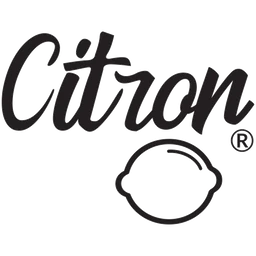These days it pays to be more informed about what products we use and what items we use on a daily basis. With such advancements in technology, transparency regulations and evolving innovations, we no longer need to settle for functionality at the cost of health, or affordability that comes with an increased risk of illness. A particularly worrisome area that you might have come across is the issue of plastic and BPA-free plastic containers and how to ensure you have safe, kid-friendly products in your home. If you aren’t sure how it all works or how to protect yourself and your little ones, we break it down for you….
What is BPA?
Bisphenol A, more commonly known as BPA, is a chemical that is used to create polycarbonate plastic, one of the most common materials in food and drink packaging. “First created in 1891, it has been used commercially since the 1950 and is now one of the most commonly produced chemicals in the world with 3.6 tonnes of BPA generated every year”. It can be found in a wide variety of products including water bottles, toiletries, canned food and plastic containers, many of which are common household items that we use without realising every day. Over time, extended usage of these items, can result in BPA being ingested or absorbed in our bodies and those of our loved ones, resulting in potentially damaging and adverse health effects.
What does BPA do to us?
Studies into the impact of BPA have mainly focused on its ability to mimic the action of the hormone oestrogen and disrupt the endocrine system. In this case, sustained exposure or high doses of BPA can cause liver and kidney issues. There is also growing evidence to link BPA exposure to an increased risk of diabetes, cardiac function and even breast cancer. Obviously regularly interacting with products that carry this risk isn’t a good idea for anyone, but the real concern is in the risk level to children and babies. Since kids are still developing their immune system and abilities to filter out toxins, they are more likely to feel the impact of BPA products. Prolonged usage of BPA treated items could stun their overall development and lead to neurobehavioral and immune system abnormalities.
What can you do?
The good news is that it is possible to drastically reduce, if not totally eliminate, you and your family’s exposure to BPA laced products. The first step is to check the ingredients and composition of any plastic type containers, household accessories or tableware and ensure that they are BPA-free products or are made from BPA-free plastic. At Citron, we want to make our lifestyle accessories as safe and sustainable as possible, that is why whenever we have to use plastic in our manufacturing and packaging process, we make sure it is BPA-free. That way we can deliver durable and accessible products that won’t put your health at risk, whether that is water bottles for kids, lunch boxes for teens or travel mugs for adults. You can shop our brand new BPA-free collection today….

